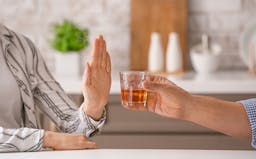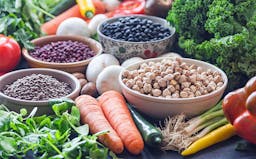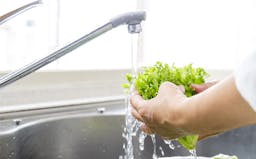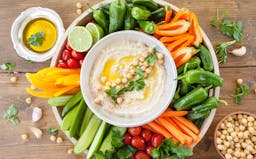Plant-based Sources of Iron
Article by:
Amazing Discoveries™ |
5 min read
Can a plant-based diet really provide complete nutrition? Is it possible to get enough iron without eating animal products? Is iron supplementation necessary?
Heme vs. Non-heme Iron
Iron is extremely important because of the role it plays in the formation of the protein hemoglobin. Hemoglobin is necessary for the transportation of oxygen throughout the blood and body.
There are two types of iron: heme iron, and non-heme iron. Heme iron is found in animal products such as meat, and non-heme iron is found primarily in plant-based foods such as beans. Heme iron is absorbed more readily by the body, whereas non-heme iron is harder for your body to absorb. However, a plant-based diet that includes variety will provide enough iron as certain plant foods actually contain more iron per calorie than do animal products.
Be sure that when you eat iron-rich plant foods such as leafy green vegetables, you also consume foods that will enhance the absorption of iron. Vitamin C helps your body to absorb iron. Foods rich in Vitamin C include lemons and oranges, bell peppers, kiwi, and broccoli. Put a squeeze of lemon on your kale salad, toss some bell peppers in your favorite bean dish, or add an orange to your hemp seed smoothie. If you eat a variety of foods, you most likely get all the iron as well as Vitamin C you need in order to be healthy.
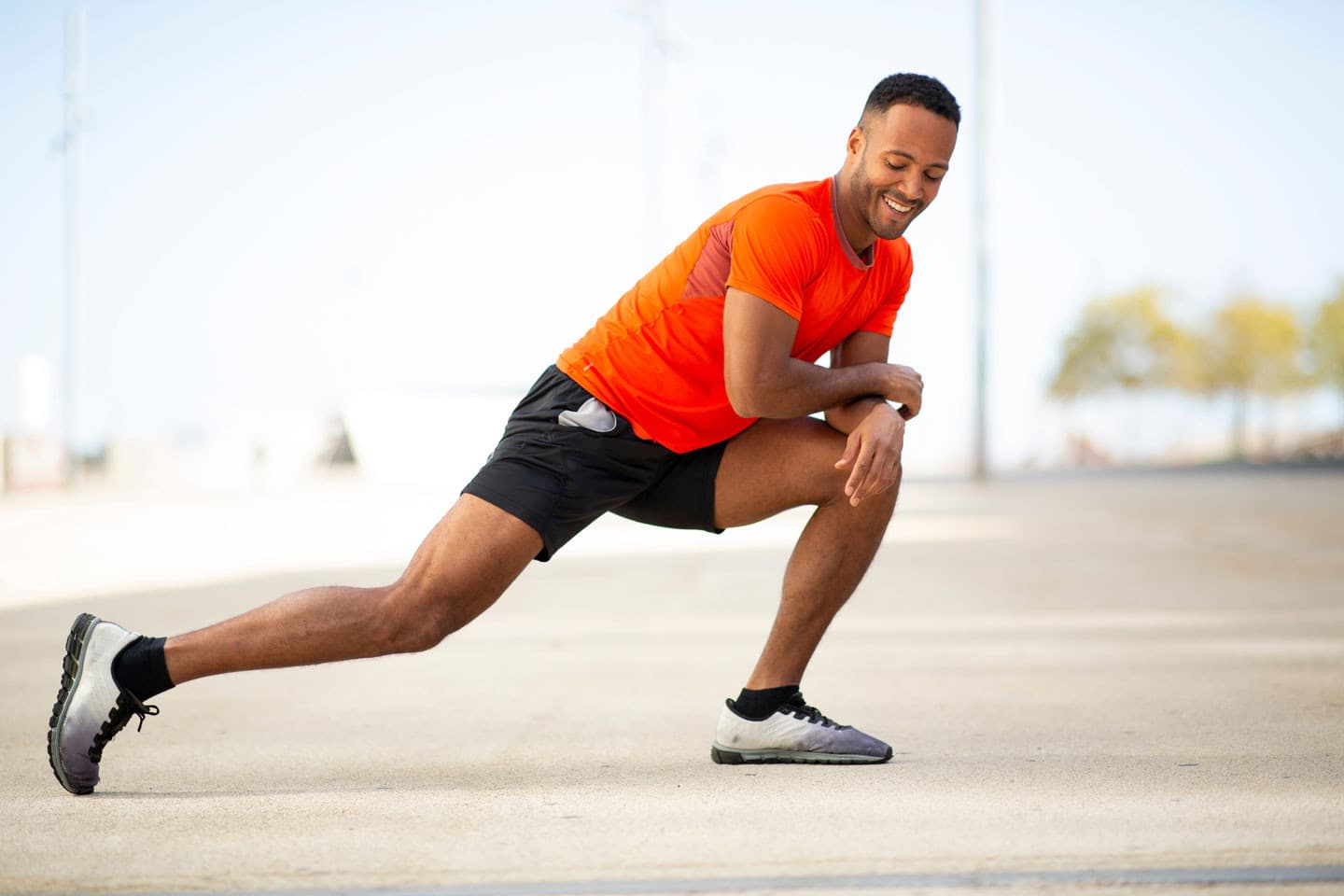
Iron Deficiency Anemia
Iron deficiency anemia is common but treatable. When your body doesn’t have enough iron, it can’t manufacture enough hemoglobin. This means that your cells don’t get enough oxygen. This condition is known as anemia. Symptoms can include feelings of fatigue and weakness, dizziness, a pale appearance, and difficulty concentrating.
There are different types of anemia, with the most common one being iron deficiency anemia. This condition has a variety of causes. Pregnant or menstruating women are more likely to be iron deficient. Women are three times more likely to feel fatigued than men. Iron deficiency can also be caused by a poor diet, loss of blood, or a physiological iron absorption problem. If you’re concerned about iron deficiency, your healthcare practitioner can help you determine whether or not you need to begin supplementing your diet with iron. It’s possible to develop problems due to intake of too much iron, so always check with a doctor before you begin supplementation.
Be aware of and try to avoid things that inhibit the absorption of iron. Tea, coffee, and red wine all contain tannins which inhibit iron absorption, so if you’re concerned about iron, eliminate these products.
If you have iron deficiency anemia, try adding the following foods to your diet:
- Fruit, especially acidic fruits such as oranges and pineapple, and stone fruit like plums (fresh or dried), apricots, etc. Fruits help your body better absorb iron.
- Raisins and grapes
- Legumes
- Soy products. Soy is incredibly rich in iron. Tofu contains 5.36 mg/100 g1 (about ½ cup cubed tofu), making it comparable to the iron content of an 8 oz steak (5.4 mg/226 g)
- Leafy green vegetables
- Alfalfa sprouts contain approximately the same amount of iron per 100 g as does beef. Alfalfa sprouts also have vitamins and minerals that are necessary for good blood production and encourage better iron absorption.
- Beets
- Sunflower seeds
- Molasses
Be sure to drink lots of water throughout the day. Aim to get eight hours of sleep per night, as rest helps your body rebuild itself.
Even if you feel fatigued, try to exercise during the day. Exercise is most optimal if enjoyed outdoors in fresh air.
You can do a cold hydrotherapy treatment, as this encourages bone marrow activity. You may also try a cool-lukewarm shower finished with cold mitten friction first thing in the morning.2 This treatment enhances your immune system and supports your circulatory system.
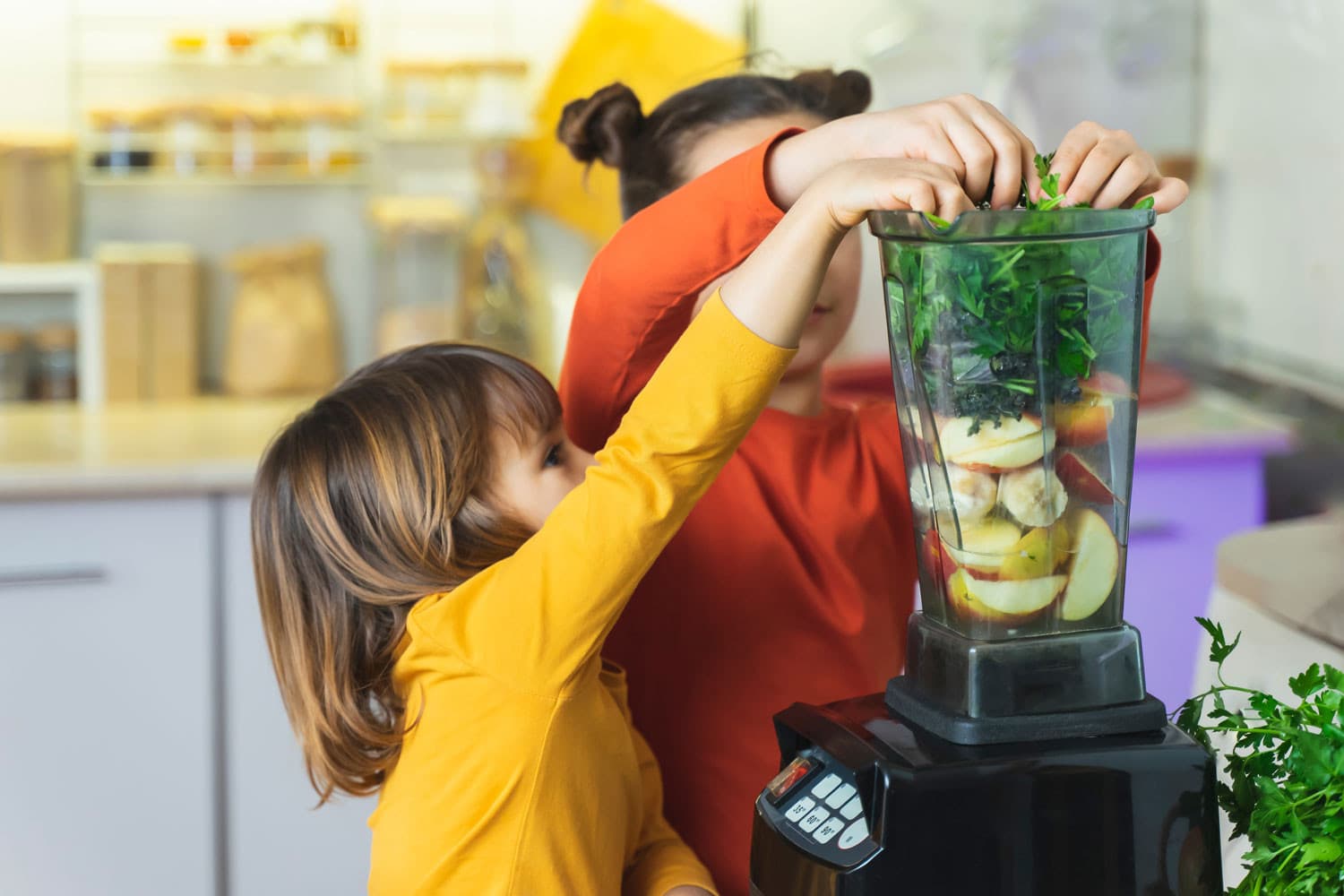
A plant-based diet rich in variety provides all the nutrients necessary for good health. It’s possible to obtain enough iron on a plant-based diet. Following a plant-based diet does not mean you will be iron deficient. In fact, those following an omnivorous diet are just as likely to develop an iron deficiency problem as those following a plant-based diet.3 Including a variety of iron-rich foods in your diet is important. If you have an iron deficiency, adjust your diet and work with a trusted healthcare practitioner to begin iron supplementation.
These statements have not been evaluated by the Food and Drug Administration or Health Canada. Our articles, videos and products are not intended to diagnose, treat, cure, or prevent any disease. If you are pregnant, nursing, taking medication, or have a medical condition, consult your physician before following any recommendations or using any product on our site. You assume sole responsibility for your personal health, and you must use your own discretion under doctor consultation to determine whether any product or recommendation on this site is suitable for your personal situation.


